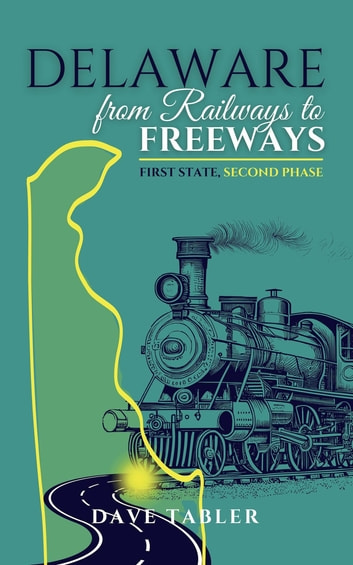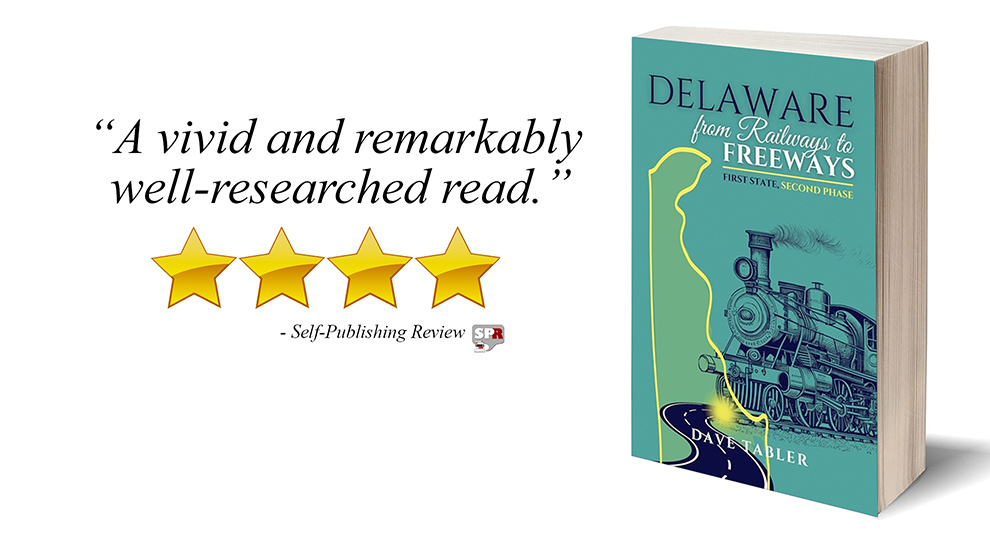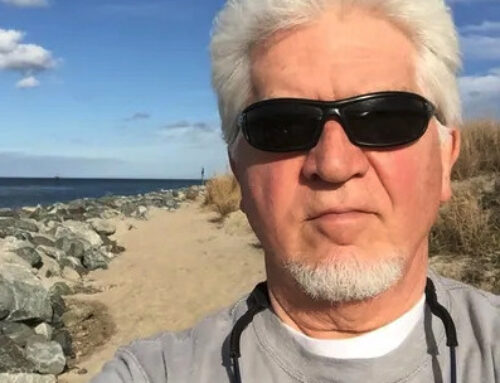 Ten-year-old Dave Tabler decided he was going to read the “R” volume from the family’s World Book Encyclopedia over summer vacation. He never made it from beginning to end. He did, however, become interested in Norman Rockwell, rare-earth elements, and Run for the Roses.
Ten-year-old Dave Tabler decided he was going to read the “R” volume from the family’s World Book Encyclopedia over summer vacation. He never made it from beginning to end. He did, however, become interested in Norman Rockwell, rare-earth elements, and Run for the Roses.
Tabler’s father encouraged him to try his hand at taking pictures with the family camera. With visions of Rockwell dancing in his head, Tabler press-ganged his younger brother into wearing a straw hat and sitting next to a stream barefoot with a homemade fishing pole in his hand. The resulting image was terrible.
Dave Tabler went on to earn degrees in art history and photojournalism despite being told he needed a “Plan B.”
Fresh out of college, Tabler contributed the photography for The Illustrated History of American Civil War Relics, which taught him how to work with museum curators, collectors, and white cotton gloves. He met a man in the Shenandoah Valley who played the musical saw, a Knoxville fellow who specialized in collecting barbed wire, and Tom Dickey, brother of the man who wrote Deliverance.
In 2006, Tabler circled back to these earlier encounters with Appalachian culture as an idea for a blog. AppalachianHistory.net today reaches 375,000 readers a year.
Dave Tabler moved to Delaware in 2010 and became smitten with its rich past. He no longer copies Norman Rockwell, but his experience working with curators and collectors came in handy when he got the urge to photograph a love letter to Delaware’s early heritage. This may be the start of something.
Tell us about your book.
Delaware from Railways to Freeways is a comprehensive exploration of Delaware’s transformation throughout the 19th century, viewed through the lens of its transportation history. The book is not merely a historical account but a tribute to Delaware, reflecting on how these infrastructural changes shaped not only the state itself but also the nation at large as it moved toward the modern world.
Why did you want to write a book?
I aimed to bring attention to an often-overlooked aspect of our past, creating a link between the local history of this state and the national narrative. It was an opportunity to share with readers the beauty of the historical journey, the complexity of the transformation, and the importance of understanding our roots to appreciate where we are today.
 Why did you choose to self-publish?
Why did you choose to self-publish?
Choosing to self-publish was a decision driven by the desire for creative control and the ability to reach readers directly. I wanted to ensure that the vision I had for the book, from its content to its design, was realized without compromise. Self-publishing offered the flexibility to shape the book precisely as I envisioned it.
Would you self-publish again?
Self-publishing has been more than a means to an end; it has been a path that has shaped my growth, creativity, and connection with readers. The rewards, both tangible and intangible, have affirmed this choice, and I look forward to embracing self-publishing again in the future. It is a decision grounded in conviction, purpose, and a deep respect for the craft of writing.
What do you think are the main pitfalls for indie writers?
Indie writers often face a unique set of challenges that can be seen as pitfalls. First and foremost, the lack of access to traditional publishing resources can lead to issues in marketing and distribution. Without the backing of a major publisher, promoting and getting a book into readers’ hands becomes a considerable challenge.
Secondly, quality control can be more difficult to maintain. Without the guidance and scrutiny of professional editors and proofreaders, errors in grammar, style, and structure might slip through, which can affect the overall perception of the work.
Finally, the financial burden often falls solely on the indie writer. From cover design to editing, marketing, and distribution, all expenses must be borne by the author, making the process not just creatively taxing but financially so as well. Ouch!
What tips can you give other authors looking to self-publish?
Prepare for a Marathon, Not a Sprint: Success in self-publishing often takes time. Patience, persistence, and continuous learning are vital. Engage with readers, gather feedback, and always seek ways to improve and grow as an author.
Maintain Quality Standards: Hold yourself to the highest professional standards. Quality in writing, design, and production will establish your reputation as a serious author, paving the way for future success.
Embrace the Community: Join writer’s groups, attend conferences, and engage with other self-published authors. The insights, support, and camaraderie from fellow writers can be invaluable.
Stay Informed: The self-publishing landscape is constantly evolving. Stay abreast of the latest trends, tools, and technologies to keep your approach current and competitive.
As a writer, what is your schedule? How do you get the job done?
My day begins at the break of dawn, if not earlier. During these tranquil hours, I find a clarity and focus that fuels my writing. Before the rest of the world wakes, I’m already immersed in my craft, writing for several hours before breakfast. I write every single day, without exception. Whether I’m feeling inspired or not, the act of sitting down to write is non-negotiable. Waiting for the muse to strike is, in my experience, a foolish endeavor. Writing is a craft, and like any craft, it requires persistent practice.
How do you deal with writer’s block?
Setting small, achievable goals can break down the daunting task of writing into manageable parts. Instead of focusing on the entire chapter or book, I might set my sights on crafting just one paragraph or even one sentence. This approach often helps me to build momentum, turning a small achievement into a productive writing session.
Tell us about the genre you wrote in, and why you chose to write this sort of book.
Writing in the genre of history is not merely an academic exercise; it’s an artistic and intellectual pursuit that bridges the past and the present. It allows me to engage with readers on a journey that is both educational and emotional. The choice to write historical works, particularly focused on Delaware, reflects my commitment to unearthing stories that matter, offering insights that enlighten, and crafting narratives that endure. It’s a path that I embrace with dedication, integrity, and a profound respect for the echoes of history that continue to shape our world.
What’s next for you as an author?
I am currently immersed in crafting the third book in my Delaware history trilogy. This installment will delve into the 20th-century transformations of Delaware, examining how the state evolved and adapted through a century marked by technological advancements and societal shifts.
The working title, “Delaware from Freeways to E-ways,” captures the essence of the book, drawing a line from the development of infrastructure like highways to the digital age’s electronic pathways. Though the title is not yet firm, it reflects the thematic journey I intend to take readers on, uncovering the layers of change that have shaped Delaware in the modern era.
Author Links
Get an Editorial Review | Get Amazon Sales & Reviews | Get Edited | Get Beta Readers | Enter the SPR Book Awards | Other Marketing Services























Leave A Comment